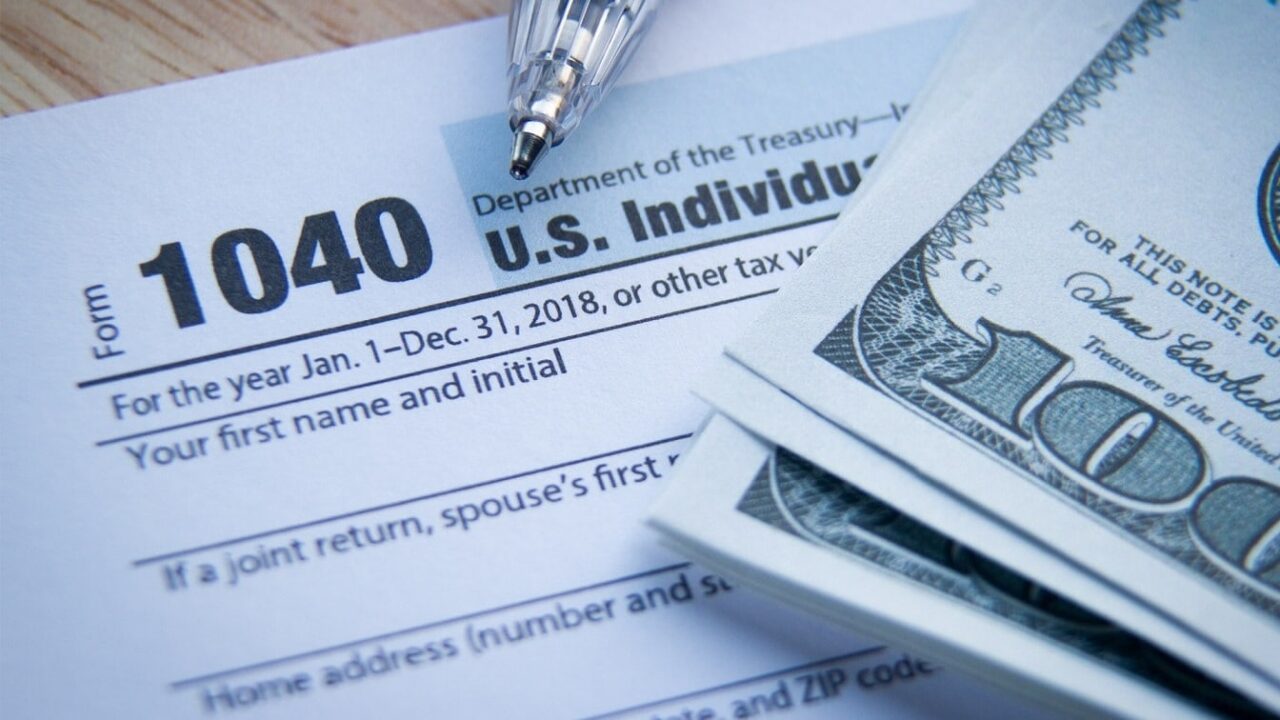The Question Millions of Americans Want Answered: How Long Does It Take to Get Your IRS Refund? – As the 2022 tax season comes to a close, millions of Americans are waiting for their refunds – and according to IRS Commissioner Chuck Rettig, it’s all because of a worker shortage and an extreme backlog of unprocessed returns.
Testifying before the Senate Finance Committee recently, Rettig said that large numbers of Americans should expect a delay in receiving their tax return and that the Internal Revenue Service is battling to overcome the backlog caused by COVID-19 federal relief measures.
“The IRS is serving more people and entities in a global environment than ever before while handling new and bigger responsibilities,” Rettig explained. “At the same time, we have experienced delays in updating our IT systems, which means the IRS and taxpayers must continue to use certain paper-based processes.”
How Long Do Tax Refunds Normally Take?
Assuming you have filed your tax return accurately, your tax refund will typically be issued in between six and eight weeks after the IRS – in normal circumstances.
If you filed your tax return online, however, your refund is typically issued within two to three weeks. Choose direct deposit rather than mail, and you may receive the refund even quicker.
You may receive your refund much later even during normal circumstances, but this is usually a result of an error in your tax return.
“Refund delays may be caused by a variety of reasons,” IRS guidance explains. “For example, a name and Social Security number listed on the tax return may not match the IRS records. A taxpayer may fail to sign the return or to include necessary attachments such as Forms W-2, Wage and Tax Statement. Or the taxpayer may have made math errors that require extra time for the IRS to correct.”
How Long Should You Expect to Wait This Year?
So, what about this year?
Thankfully, for many Americans, there will be no difference. Tax refunds may be issued at the regular time. It’s hard to know who will and will not receive their refund on time this year, though.
On March 23, the IRS said that some will likely take longer than the average waiting times and explained why.
“The IRS cautions taxpayers not to rely on receiving a refund by a certain date, especially when making major purchases or paying bills,” the agency explained, warning that there may also be additional days for the transaction to be processed by your bank before it is fully deposited into your account.
How long you will wait, however, is unclear. The IRS did not explain how long people affected by delays are likely to wait but warned that people should not count on their refunds being issued by a certain date.
“The IRS cautions taxpayers not to rely on receiving a refund by a certain date, especially when making major purchases or paying bills. Some returns may require additional review and may take longer. Also, remember to take into consideration the time it takes for a financial institution to post the refund to an account or to receive it by mail,” the agency explains.
Jack Buckby is a British author, counter-extremism researcher, and journalist based in New York. Reporting on the U.K., Europe, and the U.S., he works to analyze and understand left-wing and right-wing radicalization, and reports on Western governments’ approaches to the pressing issues of today. His books and research papers explore these themes and propose pragmatic solutions to our increasingly polarized society.

